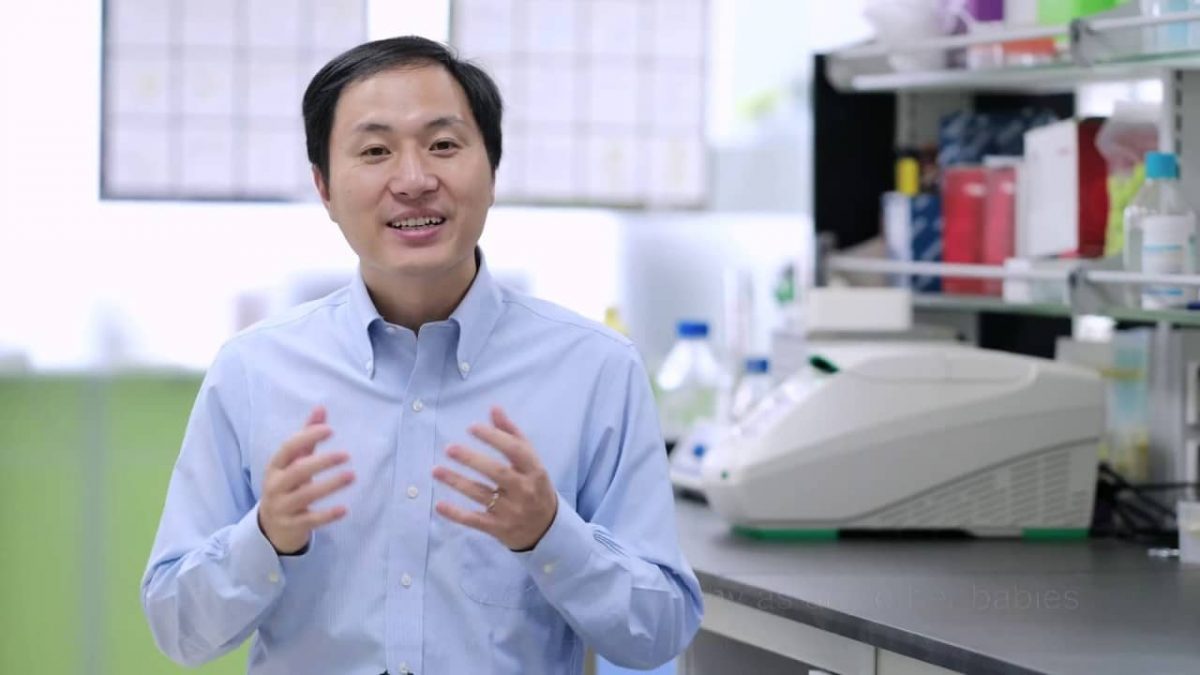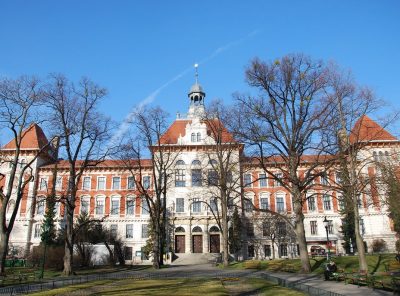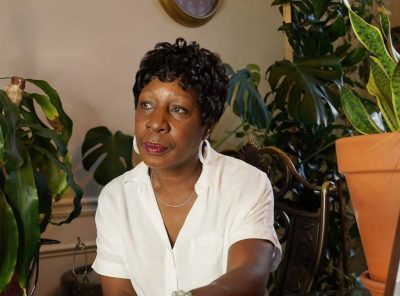Genetic perfection the story of Lulu and Nana
Are we entering a ‘newgenic’ age – where cutting-edge technologies and the power of personal choice could achieve the kind of genetic perfection that 20th-century eugenicists were after?
You may listen to this program NOW on Demand on the BBC Discovery Page which is available until Tuesday the 28th of February. It will also be broadcast on Sunday the 26th of February in Phuket at 8:30 AM on 91.5 FM and 102.5 FM and Online via the Internet radio portals.
In 2018, a Chinese scientist illegally attempted to precision edit the genome of two embryos.
Genetic perfection Lulu and Nana
It didn’t work as intended. Twin sisters – Lulu and Nana – were later born, but their identity, and the status of their health, are shrouded in secrecy. They were the first designer babies.
Wikipedia says: The He Jiankui affair is a scientific and bioethical controversy concerning the use of genome editing following its first use on humans by Chinese scientist He Jiankui, who edited the genomes of human embryos in 2018.
He became widely known on 26 November 2018 after he announced that he had created the first human genetically edited babies. He was listed in Time’s 100 most influential people of 2019. The affair led to legal and ethical controversies, resulting in the indictment of He and two of his collaborators, Zhang Renli and Qin Jinzhou.
He eventually received widespread condemnation from all over the world.
IVF can produce multiple viable embryos
Other technological developments are also coming together in ways that could change reproduction: IVF can produce multiple viable embryos, and polygenic screening could be used to select between them.
Increased understanding and control of our genetics are seen as a threat by some – an inevitable force for division. But instead of allowing genetics to separate and rank people, perhaps there’s a way it can be used – actively – to promote equality.
Professor Paige Harden shares her suggestion of an anti-eugenic politics which makes use of genetic information Contributors: Dr Helen O’Neill, lecturer in Reproductive and Molecular Genetics at University College London, Dr Jamie Metzl, author of Hacking Darwin, Professor Kathryn Paige Harden from the University of Texas and author of The Genetic Lottery: Why DNA Matters for Social Equality.






